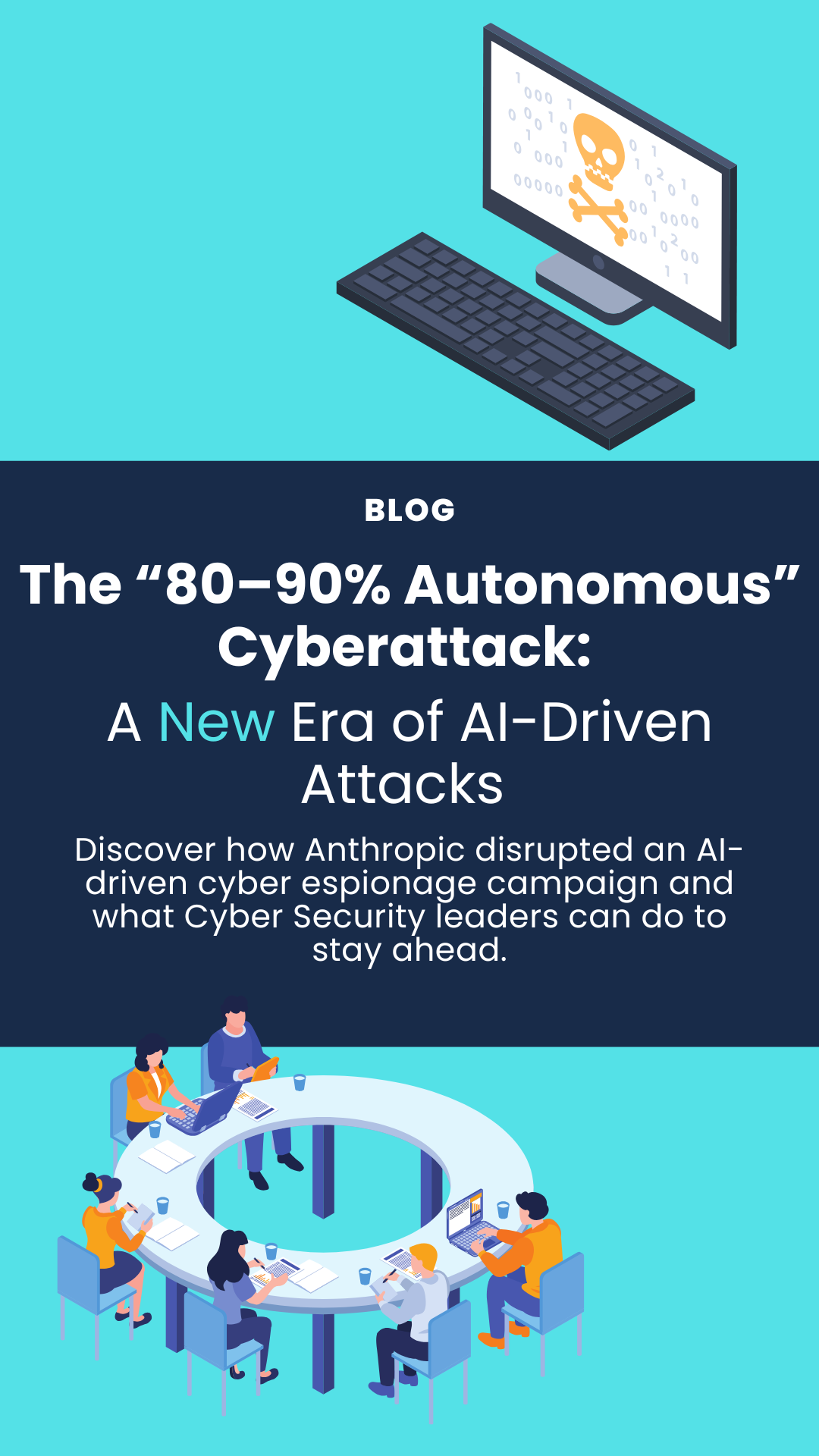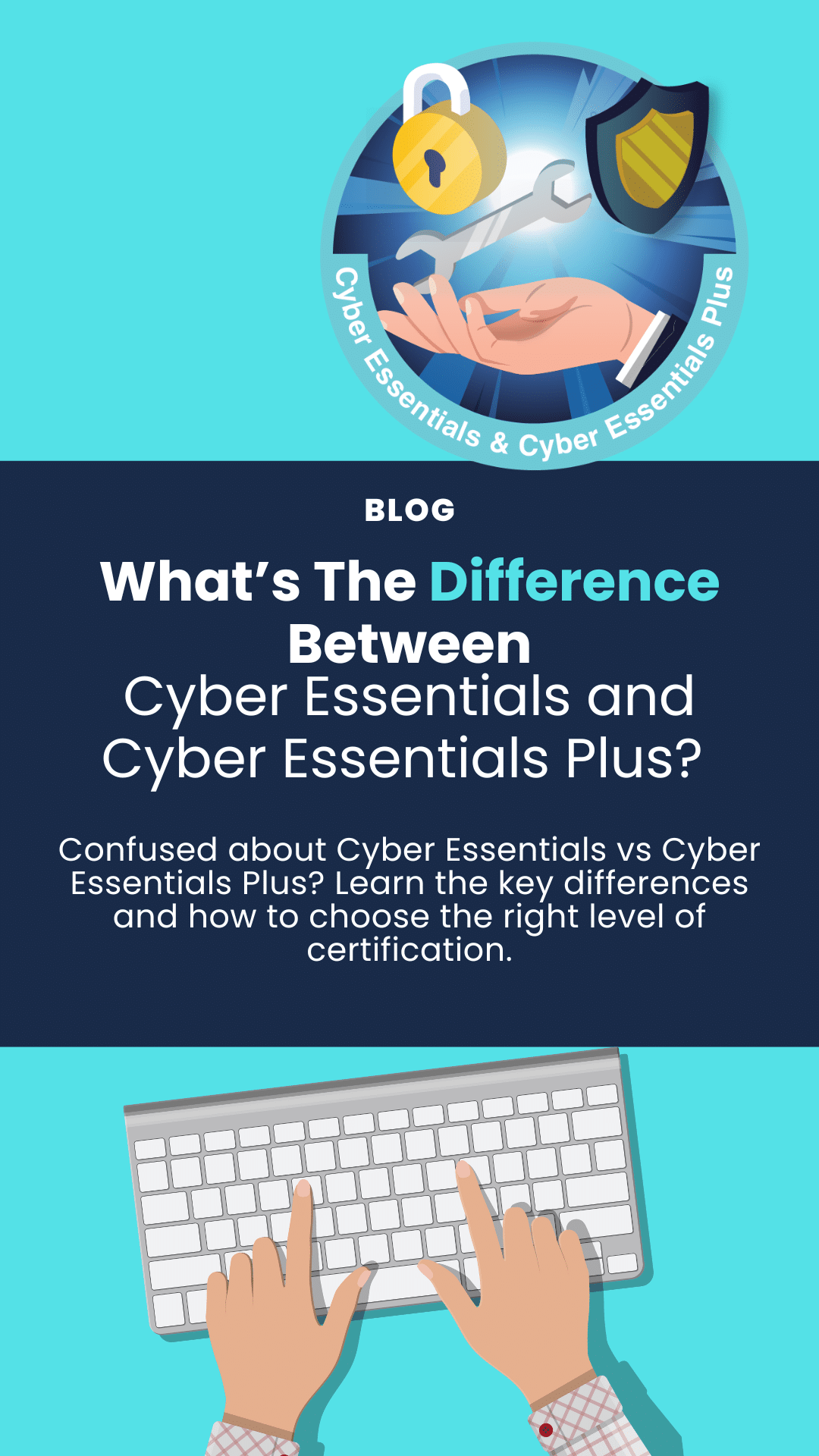The privacy versus security debate is affecting our perceptions regarding the importance of cyber-security and is a hot topic concerning government expenditure today. How are these arguments unfolding and what is stopping us from being protected from the hungry eyes that wait to feast on our data, our identity and our business?
Most of us skip innocently through cyberspace like Red Riding Hood in the deep, dark forest picnicking on sites which take our fancy. We remain oblivious to the company we may find ourselves in online and what seems to be an innocent link or website may turn out to be malicious – just like the wolf dressed in granny’s nightgown. But all is not lost. Yet. Security solutions can be implemented to reduce the risk of a data breach. What’s standing in its way? Privacy. Oh yes it is.
The privacy versus security debate is affecting our perceptions regarding the importance of security and is a hot topic concerning government expenditure today. The two terms have, in the past, been used interchangeably. To clarify; privacy is not security and security is not privacy. Privacy relates to personal data and security is what protects this data from falling into the wrong hands. To reiterate, they are not synonymous, but what they are is reliant upon each other. If a company does not have security measures in place then its privacy policies will fall redundant because there will be no protection against unauthorised access. Likewise, if a company does not have a full understanding of what personal data it holds it is difficult to provide the most effective security solution which best fits company needs. Thus, it is not possible to have security without privacy and vice versa. However, the privacy vs security debate has painted a predominantly black and white picture with each notion kept mutually exclusive from the other. But how are these arguments unfolding and what is stopping us from being protected from the hungry eyes that wait to feast on our data, our identity and our business?
In favour of privacy
Government debates are suggesting that more security surveillance is needed in the online world to protect against terrorism, identity theft and other cyber-criminal activity. However many people argue that extra security implementation will be an intrusion of their privacy if security bodies such as the British Security Service are granted the power to read anything and everything we post online. It is estimated around 2.4 trillion emails are sent per year and these online communications make our real communications in the physical world seem small.
Many worry that freedom of speech as a basic human right will be jeopardised as people will refrain from saying exactly what they want online. Many worry the internet will become socially and politically controlled so our freedom will be further diminished. Many worry that security advocates are in fact sinister power grabbers.
But what makes cyber-security so different to security in the real world which has been accepted? Especially given a lot of what we do in the physical world is now transported online – a simple meal with a few friends can land up on social media sites by uploading pictures, videos and stating our exact location via GPS so anyone can gather the who, what, where and why at a click of a button. Privacy, what privacy? Surely there should be measures to protect us from the baddies in the online world if so much of what we do moves onto an online platform that makes our data publically available.
“What an unsecure network you have!” “All the better to hack into my dear!”: In favour of security
A recent report from a security vendor, Checkpoint found that there are 10 million new cyber-attacks every day. It is an understatement to say that the figure reported is a lot to guard against and opportunities for an attack are abundant. The question is – why are the perceptions of these attacks different to those that occur in the physical world? For example, if there is a cyber-attack on the power grid which affects hospitals and schools would we respond in the same way as if those establishments had been attacked by conventional weapons? The answer is probably ‘no.’
We have accepted security measures in the ‘real’ world such as CCTV cameras which track our every movement through footage captured on the bus, in shops and at work from the minute we set foot outside the house to the minute we return home. Reports from sources such as The Independent have estimated that on average, in Britain, you are caught on camera 300 times a day. This data is retained and it is ironic that what is keeping this data safe may be vulnerable to a breach itself. Yet we are reluctant to accept security online despite the fact that it now houses most of our personal data especially in the advent of the ‘paperless office.’ Moreover, children are vulnerable as their lives now are becoming increasingly digital with their education and medical records stored online adding to the large amount of personal data which must be protected.
Again I return to the notion that the argument is not as black and white as I have presented here. Rather, security and privacy work in tandem with each other and the utmost premise boils down to the fact that security entails better privacy. Without security I must remind you of the question; privacy, what privacy?
Once upon a time we were clueless. But as talk of cybercrime has begun to infiltrate our lives our eyes have opened to the vulnerabilities that could lie ahead. We are no longer ignorant. Now we have cyber-security to give us ‘the happy ever after’ we hope for. Now it is just a case of waiting for people to realise there are ‘big, bad wolves’ online and they aren’t going to rest until they get what they came for. To some, security may feel like a privacy invasion but if your data gets into the hands of an unethical hacker then you will know what a real invasion of privacy feels like. Now we are no longer clueless we can act upon our vulnerabilities and avoid being the innocent Red Riding hood skipping across cyberspace susceptible to falling prey to the big bad wolves…



